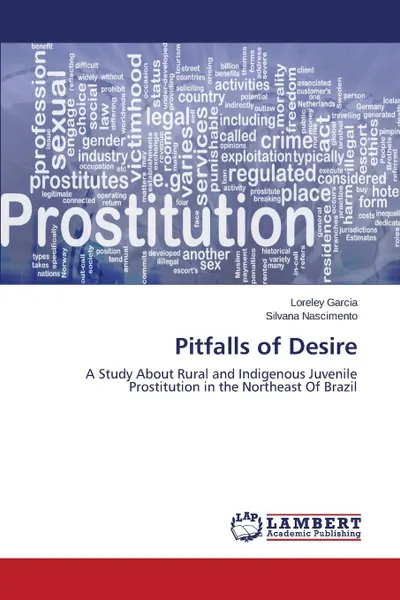Pitfalls of Desire 14+
Автор: Garcia Loreley,
Nascimento Silvana
100 страниц
Категория: Литература на иностранных языках
ISBN: 9783659570230
Язык: Английский
🔖 This study stands within the overlapping of feminist theory and sociocultural research. The research on juvenile prostitution in rural areas and in indigenous lands of Paraíba, Brazil, intend to demystify stereotypical images and representations of prostitutes and prostitution. Our main objectives were to capture these women's perspectives as well as to deem the activity of prostitution as an alternative to social and economic mobility. We believe that prostitution is one of the few possibilities for young women to gain autonomy and empowerment as well as to resist current norms and morality. A number of studies about women's life conditions in the countryside, in Brazil, unveil a scenario of inequality, lack of democracy within family relations as well as of narrow options and opportunities, which do not suffice the desires of new generations in the rural environment. It is important to learn why the rural environment is less conducive to the proper living of these "girls". Within the context of rural families, women live in a situation of explicit disadvantage. This rural culture presents itself with very rigid and hierarchical roles, attributions and values controlled by men.
Мнения
